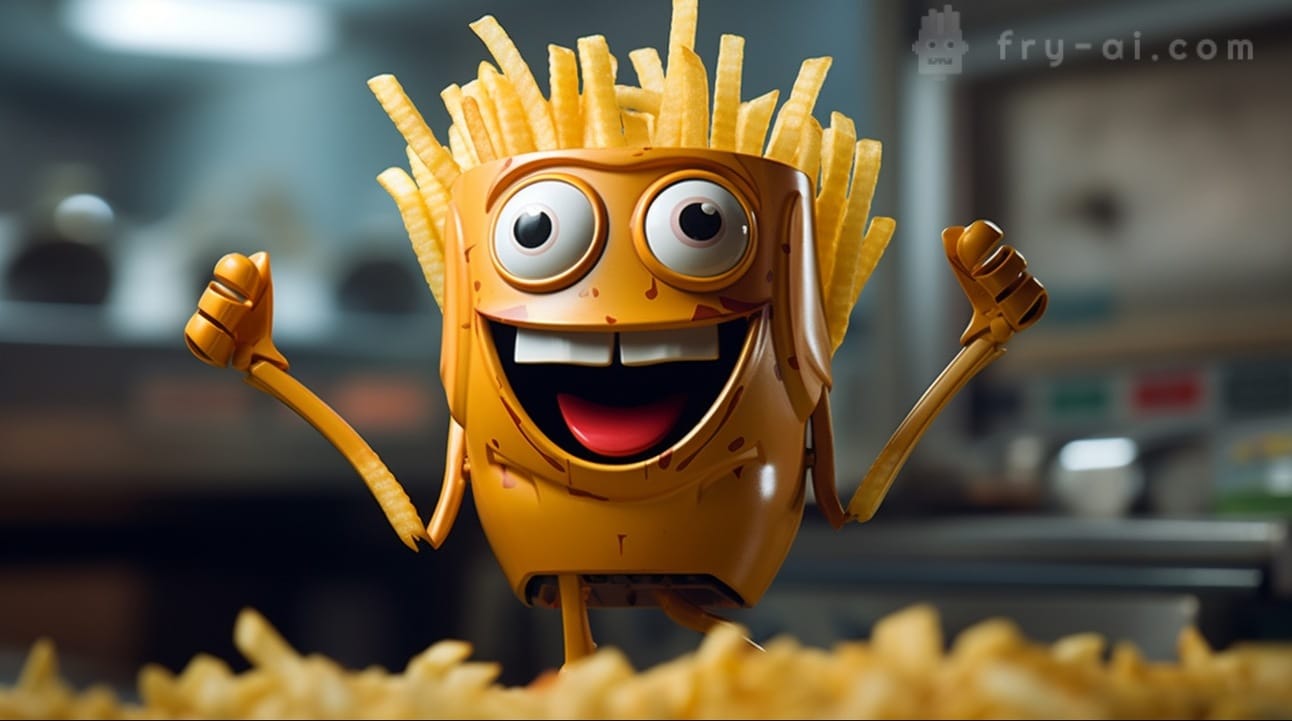
Good morning, and happy FRY-day! We are here to satisfy your craving for the latest AI updates. 🍽️
🤯 MYSTERY AI LINK 🤯
(The mystery link can lead to ANYTHING AI related. Tools, memes, articles, videos, and more…)
Today’s Menu
Appetizer: YouTube allows users to clone pop stars 🎤
Entrée: Google Cloud launches Vertex AI for media companies 🤖
Dessert: Microsoft is making their own AI chips 💾
🔨 AI TOOLS OF THE DAY
🙂 Balance: A chatbot designed to help with anxiety. → check it out
😀 Hey Photo: This tool allows you to adjust various facial features in selfies and group photos such as gaze direction, nose shape, age, and skin tone. → check it out
🧀 Cheesecake Wizard: Create customized cheesecake recipes in just 30 seconds. → check it out
YOUTUBE ALLOWS USERS TO CLONE POP STARS 🎤
YouTube is making waves this week! 🌊
What’s up? YouTube has unveiled its latest experiment in AI-generated music and voice, titled Dream Track.
How does it work? Developed in collaboration with Google’s DeepMind AI lab, the project allows users to input creative prompts and select a participating artist, resulting in a unique 30-second song snippet featuring the AI-generated voice of the chosen artist. Among the nine collaborators are notable names such as Charlie Puth, Sia, and Demi Lovato, who expressed optimism about the experiment’s potential to shape the future of music creation.
What are the concerns? The use of AI to mimic artists’ voices has raised concerns, exemplified by Universal Music Group's copyright-infringement claims against an AI-generated song on YouTube earlier this year. Earlier this week, YouTube was cracking down on AI deepfakes and copyrighting, and now they are introducing a tool that allows people to mimic the voices of others! This is sending some mixed signals, but YouTube doubled down on emphasizing responsible AI use, reiterating their new policies requiring creators to disclose AI-generated content and offering avenues to address unauthorized mimicking of voices.
GOOGLE CLOUD LAUNCHES VERTEX AI FOR MEDIA COMPANIES 🤖

In a world where ads and content recommendations flood our feeds, AI is ensuring they are tailored more specifically to you. 👁️
What’s up? Google Cloud has unveiled new Vertex AI Search capabilities tailored for media and entertainment companies, enhancing the delivery of personalized experiences.
How does it work? The initial offering, generative AI-powered recommendations, enables media firms to captivate audiences by delivering personalized content suggestions aligned with individual interests. These capabilities leverage advanced AI techniques, including real-time user behavior analysis and content similarity comparison, ensuring adaptive, tailored content suggestions. This enhanced personalization boosts platform engagement, potentially leading to increased revenue and retention. However, it does call for user reflection on the continuous AI monitoring of their behavior on social platforms.
Why? People expect personalized content, and they get frustrated when they don’t receive it. One study showed that over 71% of consumers anticipate personalized interactions, with 76% expressing frustration when expectations are unmet. This new Vertex AI Search is designed to deliver just that, creating a better, individualized user experience as well as boosting engagement and revenue for media and entertainment companies.
MICROSOFT IS MAKING THEIR OWN AI CHIPS 💾

The first two custom silicon chips designed by Microsoft for its cloud infrastructure. (Photo: Microsoft)
Boss: How good are you at PowerPoint?
Me: I Excel at it.
Boss: Was that a Microsoft Office pun?
Me: Word. 🙃
What’s new? Microsoft has confirmed the development of its own custom AI chip, the Azure Maia, set to debut in 2024. Simultaneously, Microsoft is introducing the Azure Cobalt CPU, an Arm-based 128-core chip, tailored for cloud services on Azure.
What are the chips? The Azure Maia AI chip, designed for large language model training and inference, boasts 105 billion transistors and is manufactured on a 5-nanometer TSMC process. Its counterpart, the Azure Cobalt CPU, a 128-core Arm Neoverse CSS chip, targets general cloud services on Azure. A significant aspect of Microsoft's approach is the Maia chip’s liquid cooling, enhancing server density and efficiency within existing data center footprints.
Why? AI chips have been in extremely high demand, and a lack of chips has caused a bit of a bottleneck for AI development. Microsoft’s creation of their own chips aims to reduce dependence on Nvidia, the market leader, and address the surging demand for H100 GPUs that have reached staggering prices on the market.
FRY-AI FANATIC OF THE WEEK 🍟

Congrats to our subscriber, Mara! 🎉
Mara gave us a fresh and crispy and commented, “I look forward to opening my daily newsletter and find all of the new and updated information fascinating!!”
(Leave a comment for us in any newsletter and you could be featured next week!)
HAS AI REACHED SINGULARITY? CHECK OUT THE FRY METER BELOW

The Singularity Meter falls below 30%: The Europe AI Act is about to be signed